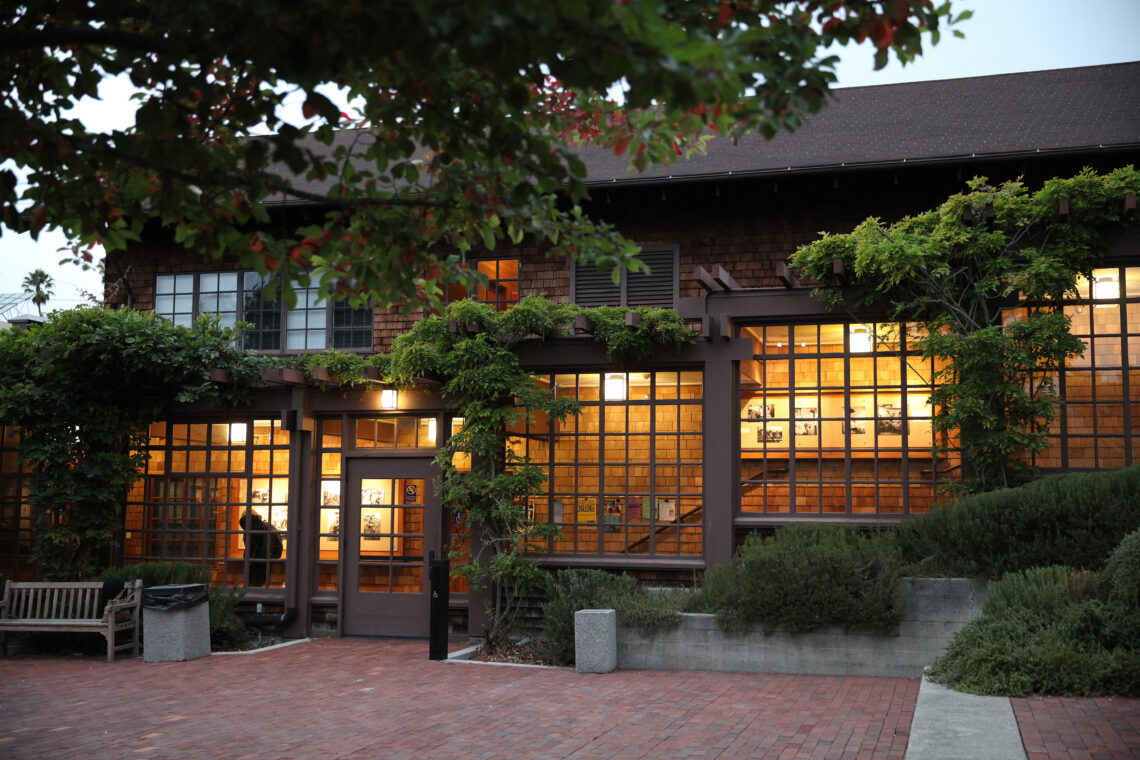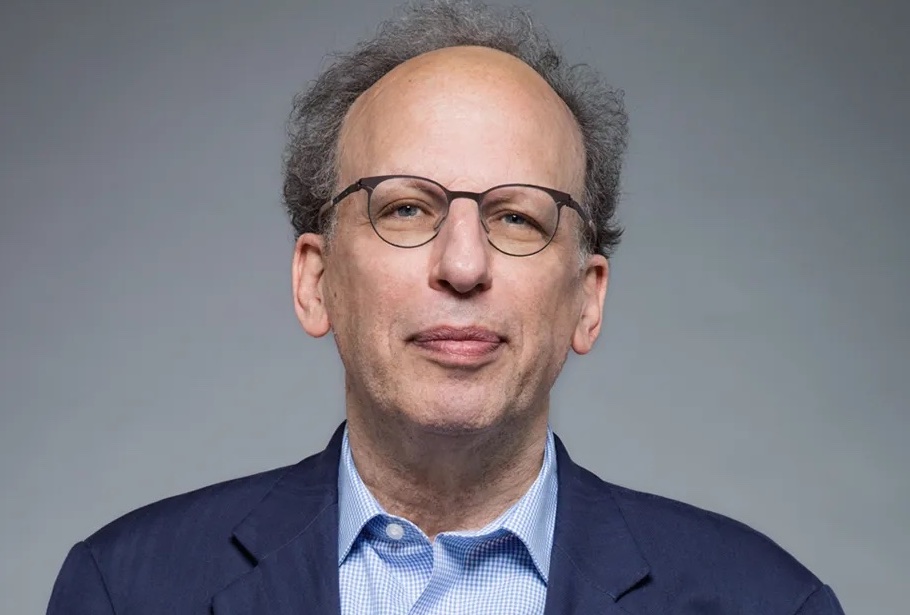The competitive Marlon Riggs Fellowship that honors filmmaker Marlon T. Riggs (’81) — now in its tenth year — has been awarded to UC Berkeley Journalism Documentary Program students Neenma Ebeledike (’25) and Zane Karram (’25).
The fellowship celebrates the life and work of Riggs, an alum who taught in the school’s Documentary Program more than three decades ago. He died at age 37 in 1994. The $10,000 fellowships awarded annually are made possible by seed-funding from Peabody Award-winning filmmaker Vivian Kleiman, Riggs’ former collaborator, and the Oakland-based production company Signifyin’ Works, the Ford Foundation, The Filmmaker Fund and with ongoing support from donors.
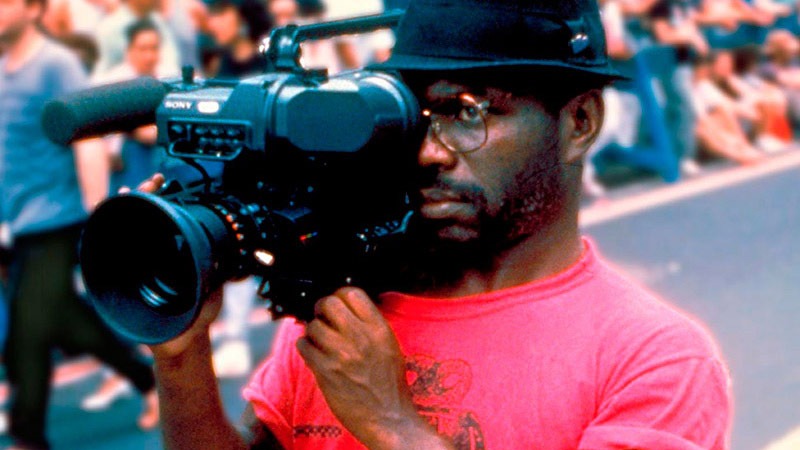
Marlon T. Riggs
Berkeley Journalism’s filmmaking faculty — including Documentary Program Director Jennifer Redfearn, Professor Jason Spingarn-Koff and Teacher of Special Programs, Nani Sahra Walker — selected the fellows from an exceptionally large and highly competitive pool this year.
“The fellowship holds great significance by honoring the indelible legacy Marlon Riggs left on our school and the documentary filmmaking community,” said Redfearn. “He boldly confronted stereotypes, shared deeply personal stories and pushed the boundaries of the documentary form with his groundbreaking innovations.”
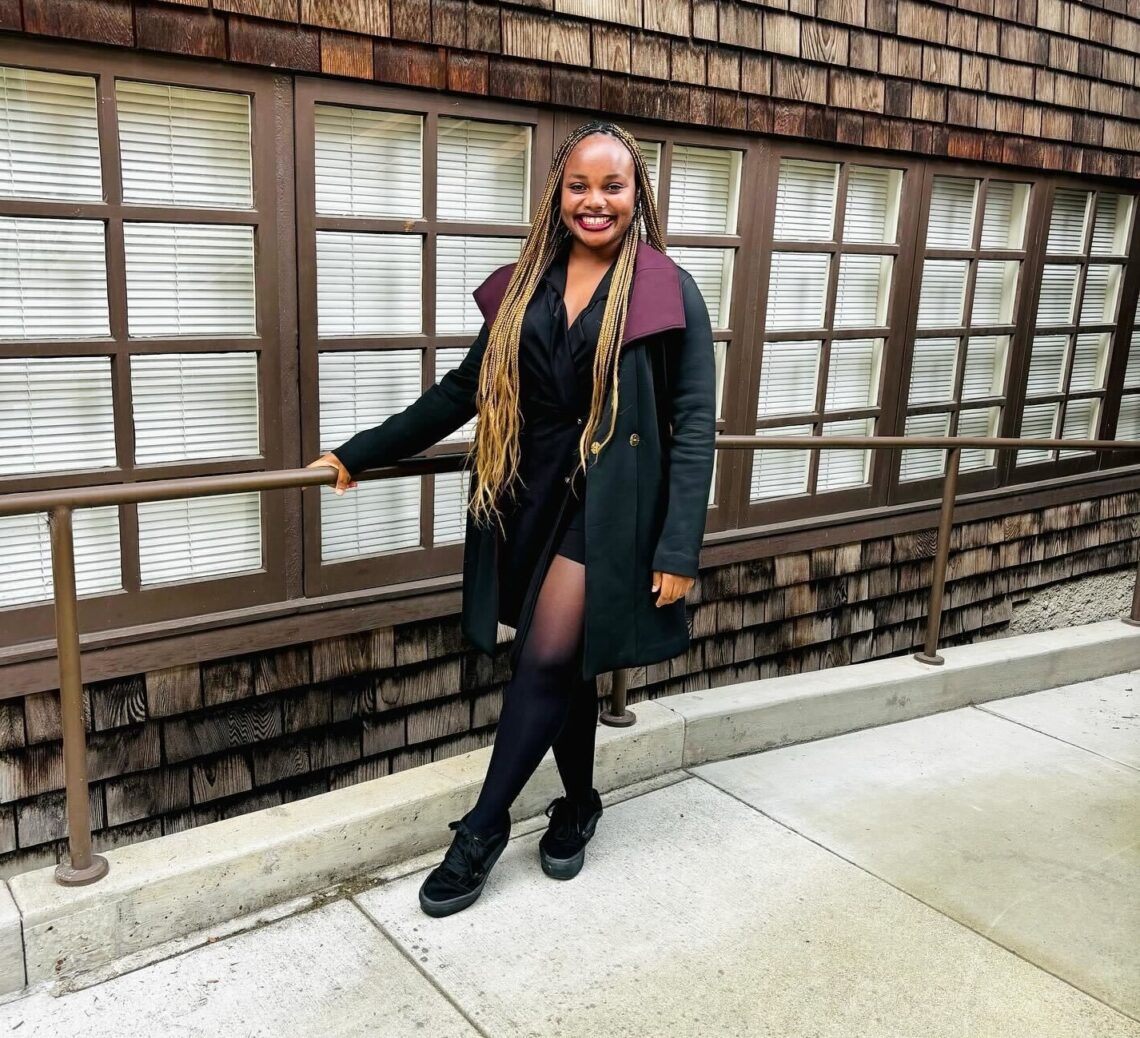
Neenma Ebeledike
Ebeledike said the day before she applied to the fellowship — an honor she doubted she would receive — she was inspired by this quote from Riggs: “Silence kills the soul; it diminishes its possibilities to rise and fly and explore. Silence withers what makes you human. The soul shrinks, until it’s nothing.”
“I was not going to be silent or diminish my possibilities to rise and fly!” Ebeledike said, explaining why she applied for the fellowship.
Ebeledike started her journey as a journalist when she was 17, working at a university radio station at Redeemer’s University in Nigeria. She went on to become the news editor for her college newspaper. Even before she was accepted to UC Berkeley Journalism, she had made short docs about Alopecia and “period poverty.”
“I feel I really liked to tell stories about issues that often go unheard,” said Ebeledike, who developed a passion for photography and video at Berkeley. “I knew I wanted to tell stories about marginalized communities, women and the environment.”
Ebeledike was a 2024 investigative intern at the Los Angeles Times through an Ida B. Wells Society for Investigative Reporting internship, competing against nearly 200 students and recent graduate applicants for the role.
She plans to use the Riggs Fellowship funding to support the thesis film she’s making with doc partner Isabella Marzban (’25) called “Allensworth Rising: A Fight for Water.” The 25-minute documentary chronicles the efforts of sisters Sherry Hunter and Denise Kadara to restore clean water and preserve the legacy of Allensworth, California’s first historically Black town.
Ebeledike said the film is personal for her because Allensworth is the state’s first officially founded Black town and because water issues — pollution and a lack of water — are common in her own hometown.
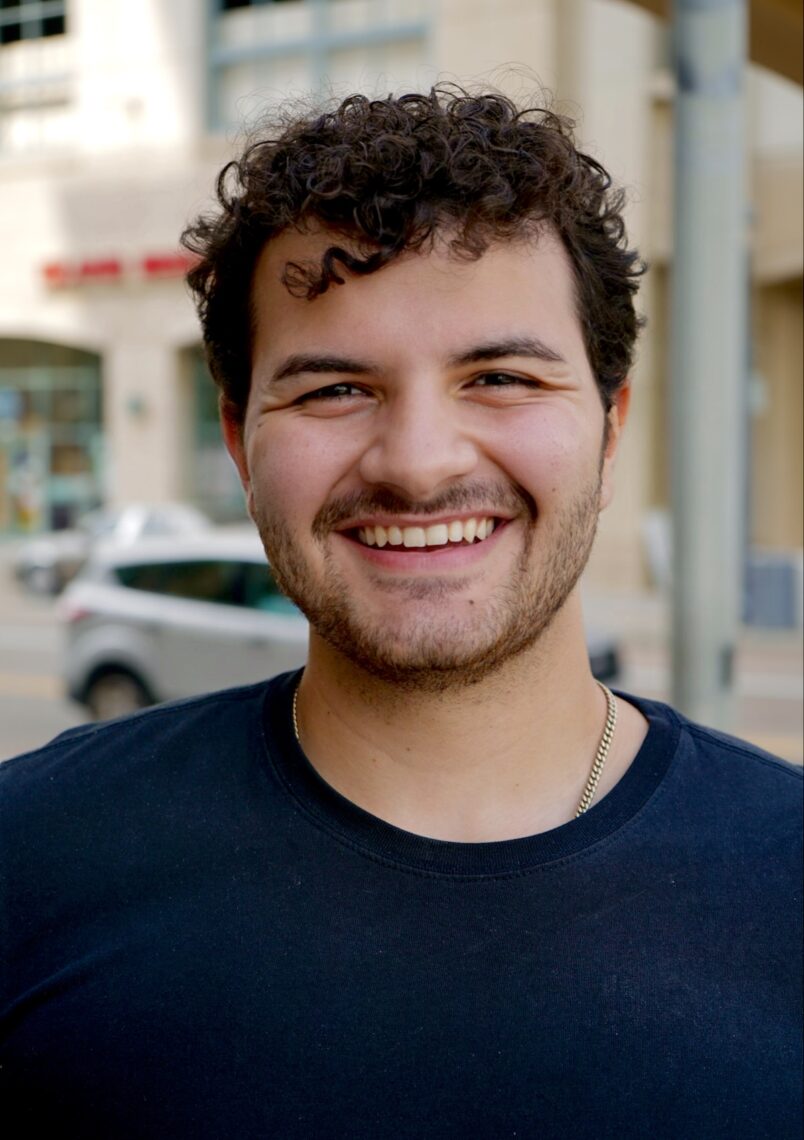
Zane Karram
Riggs Fellowship recipient Zane Karram grew up in Washington, DC, where he said Al Jazeera was on in one room and MSNBC in another. When his family moved to Los Angeles as a unit when he was in high school, he decided he wanted to tell stories for movies or television. He was a media studies major as an undergraduate at UC Berkeley before returning to LA to work in TV and commercials.
Along the way, he realized that he wanted to tell real-life stories as a journalist in order to engage and inform people. He wanted to be a documentary filmmaker.
Karram will use the fellowship funding for the thesis documentary he’s making with Kelsey Oliver (’25) about border patrol violence perpetrated against an unarmed Native American man on the Tohono O’odham tribal lands near the U.S.-Mexico border.
“People relegate indigenous communities to the past,” said Karram, explaining that the topic ties to Marlon Riggs’ dedication to elevating the stories of marginalized people and to his own Palestinian heritage. “They have a voice. They just need a platform.”
Both Karram and Ebeledike emphasize their deep appreciation for Redfearn, Spingarn-Koff, Walker, Lecturer Cassandra Herrman and other journalism staff and faculty.
“They inspire you to want to do more and tell stories that matter and guide you through the technical aspects,” said Ebeledike about the documentary faculty and staff. “They take us every step of the way.”
________________________________________________________

